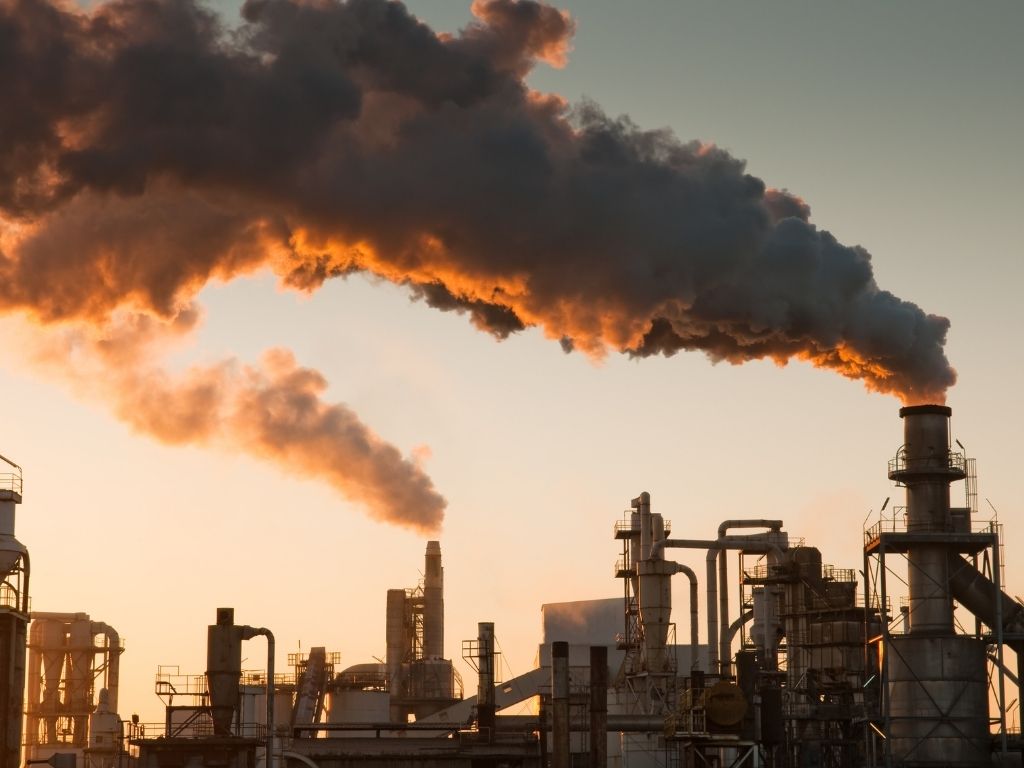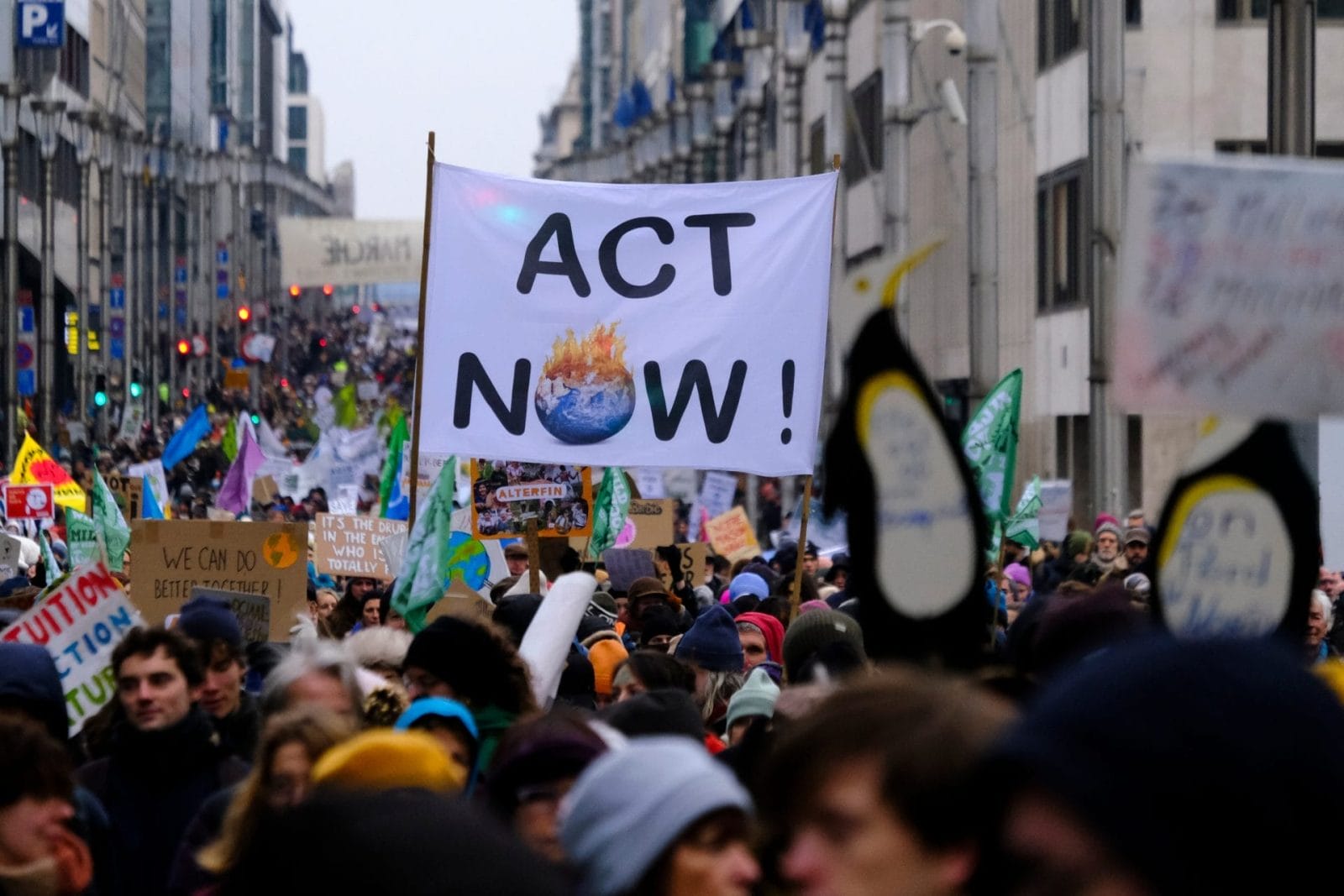G20 leaders affirmed their commitment to shifting away from fossil fuels after talks this week in Washington, according to a ministerial statement released last quarter of 2024.
Recalling commitments made last year at the COP28 summit in Dubai, the statement recognized plans to accelerate action in this “critical decade, so as to achieve net zero by 2050 in keeping with the science.” It added that the transition from fossil fuels should also take place in a “just, orderly and equitable manner.”
The statement came after Group of 20 foreign affairs, finance, environment and climate ministers, as well as central bank governors. “We welcome and fully subscribe to the ambitious and balanced outcome of the UN Climate Change Conference in Dubai (COP28),” the group added.
Founded in 1999, the Group of 20 brings together 19 of the world’s largest economic powers, as well as the European Union and the African Union. Member countries include oil producers such as Saudi Arabia, Mexico and Russia.
The latest talks took place as world financial leaders gathered in Washington this week for meetings hosted by the International Monetary Fund and the World Bank. After almost three decades of dancing around the chief driver of global warming, UN member states last year — for the first time — called for the world to transition away from polluting fossil fuels. The COP28 decision was agreed upon by almost 200 countries.

Fossil fuels drive some three quarters of all human-caused emissions. Non-governmental groups have been urging the G20 to move faster to address climate change.
Fossil fuels currently play a significant role in the Philippines’ energy landscape, but this relevance is expected to gradually decrease over time as the country aims for a cleaner energy future.

There has been a shifting landscape where there have been Government Initiatives where the Philippine Energy Plan (PEP) 2023-2050 outlines a strategy for energy transformation, aiming to increase the share of renewable energy to over 40% by 2030 and surpass 50% by 2040.
A new report by the UN Environment Program said the next decade is critical in the fight against climate change or any hope of limiting global warming to 1.5 degrees Celsius will be lost.
The current rate of climate action would bring about a catastrophic 3.1C of warming this century, and even if all existing pledges to cut emissions were enacted, global temperatures would soar 2.6C above pre-industrial levels.







